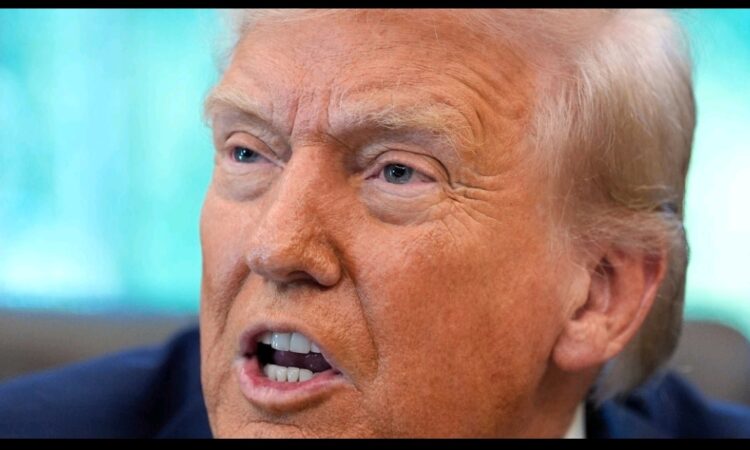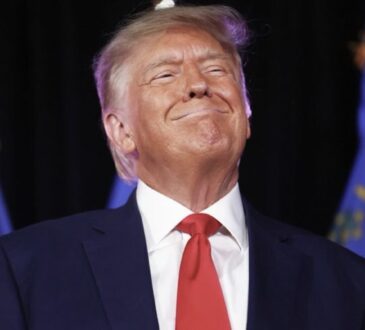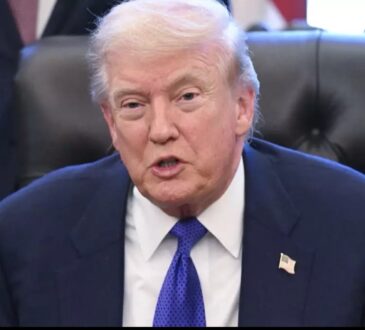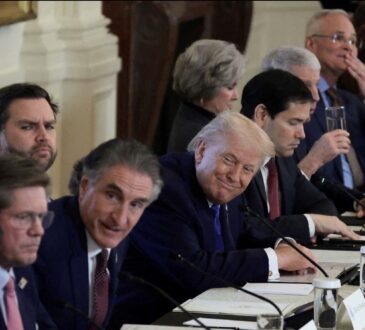
Dr. Vin Gupta has raised deep concerns about President Donald Trump’s decision to impose a \$100,000 annual fee on H-1B visas, which are visas meant for highly skilled foreign workers, including doctors who come to the United States to train and practice medicine. He explained that while the policy may not have visible effects immediately, the long-term consequences could be devastating for the American healthcare system, particularly once Trump is no longer in office and the ripple effects start to show.
Before this new rule, applying for an H-1B visa cost around \$1,500 in administrative fees, which was already a financial burden for many. Now, with the fee skyrocketing to \$100,000, the system will become nearly impossible for many individuals and even employers to manage. In some cases, the sponsoring company would have to cover the fee, but in others, the worker would be responsible. Either way, the price tag is so high that it discourages talented and much-needed foreign professionals from coming to the U.S.
Gupta pointed out that the American healthcare system has long depended on foreign medical graduates, who fill crucial gaps in hospitals across the country. Many of these doctors work in residency programs, which are essential for training future physicians and keeping hospitals running smoothly. Without them, there will not be enough doctors to provide the level of care the U.S. population needs, especially as the country grows older and requires more medical services.
He stressed that training a doctor is not something that can be fixed overnight. It takes four to six years for someone in residency to finish their program, gain experience, and become fully credentialed. Because of that long process, the harmful consequences of Trump’s policy won’t become obvious right away. Instead, the real shortage of doctors will emerge several years from now, leaving the country unprepared.
The impact will not be felt equally across the nation. Gupta emphasized that rural areas and Republican-led states are likely to suffer the most. These states rely more heavily on foreign-trained doctors because many American medical graduates prefer to work in larger cities or wealthier regions with better pay and resources. Community hospitals and rural hospitals, which often struggle to attract American doctors, depend heavily on international residents. If fewer foreign doctors are able to come because of the massive visa fee, those hospitals could face severe staffing shortages, leaving patients in those communities without proper care.
Another issue Gupta raised is the financial strain on hospitals. It is already much more expensive to employ a fully licensed, board-certified doctor than to rely on residents. If hospitals cannot fill residency positions with international graduates, they may be forced to hire more costly staff, driving up healthcare expenses. This will not only hurt the hospitals but also patients, who may face higher medical costs and reduced access to services.
The situation becomes even more concerning when considering global competition. Other countries such as Canada, the United Kingdom, and even China are actively welcoming foreign medical graduates. They offer better pay, easier immigration processes, and more support for professionals seeking to build their careers. Gupta warned that America risks pushing away talented doctors who will instead choose to practice medicine in these countries, leaving the U.S. at a disadvantage during a time when its healthcare needs are only increasing.
Gupta compared this to broader immigration issues facing other industries. Just as farms and agricultural businesses have struggled without immigrant labor, hospitals will face similar challenges. If there are not enough people to do the work, the system will break down, and Americans will feel the effects directly when they cannot access timely or affordable care.
The irony, Gupta said, is that Trump’s policy is likely to hurt the very states that support him the most. Republican strongholds, where rural hospitals are critical and international medical graduates are essential, will be the hardest hit. These areas may experience doctor shortages, longer wait times for patients, and declining quality of care.
In the long run, Gupta warned that the U.S. could face a serious crisis if it continues down this path. Without enough doctors entering the system today, the healthcare system of tomorrow will be understaffed and unprepared to meet the needs of millions of Americans. This is not just about politics, he explained—it is about whether the country will have enough skilled professionals to care for its people when they need it most.




